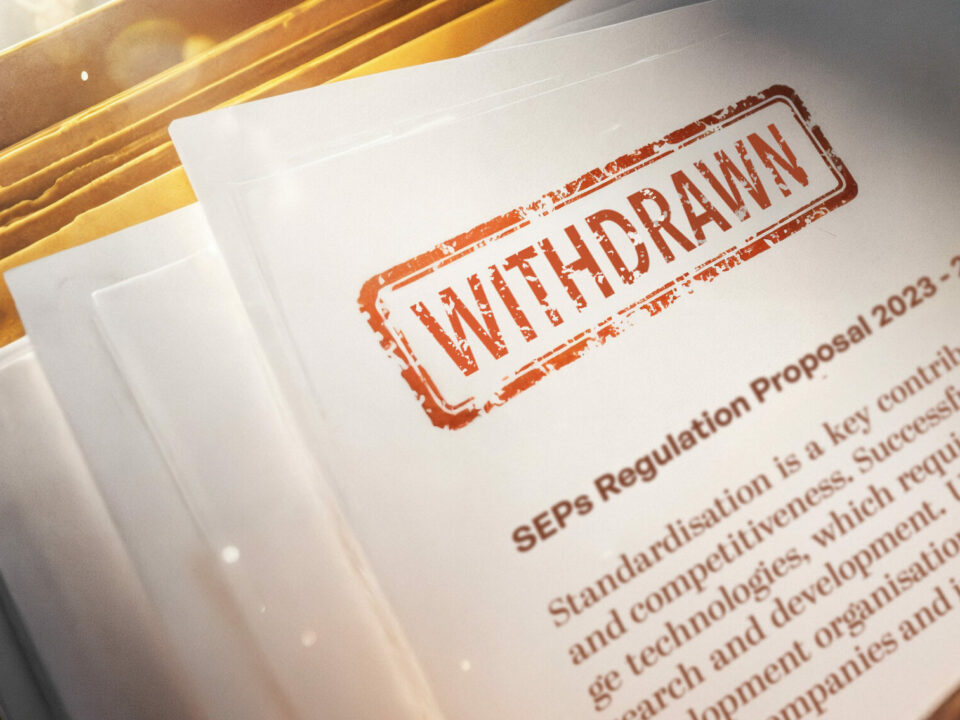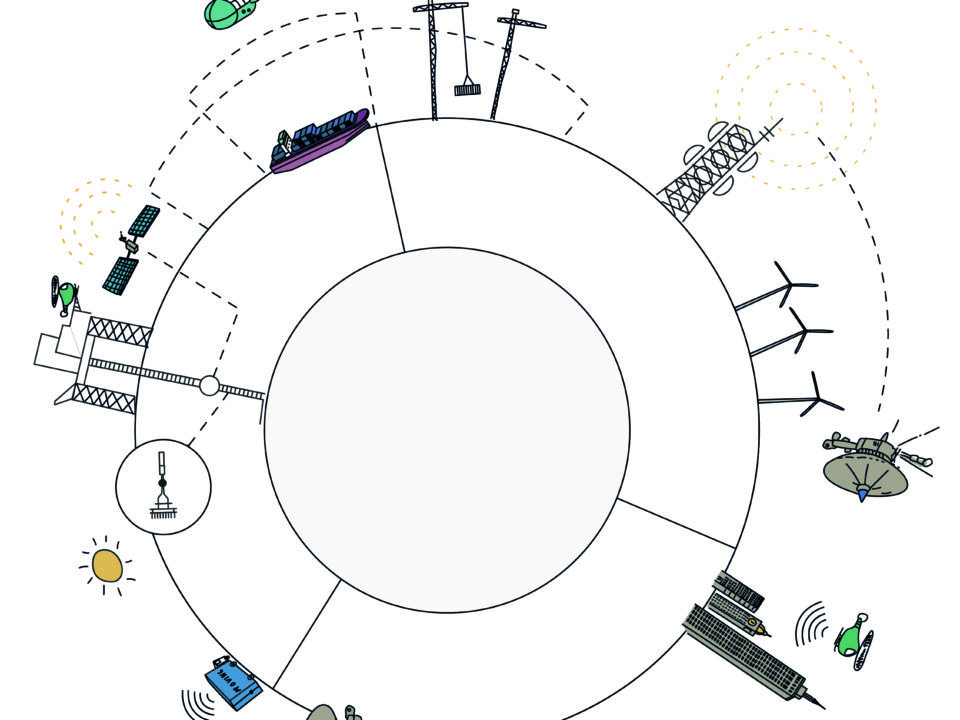Financial Times: Are others’ IP rights worth so little?
Below is the letter to the Financial Times editor sent by Hassan Triqui, CEO of Secure-IC, published 15 August 2017. The original is available at this address.
Sir, Ed Crook’s Big Read article “Industrial futures” (June 28) and the letters from IP Europe (June 30 and August 1), ACT (July 30) and the Fair Standards Alliance (August 7) have sparked debate on whether innovators of open standards, such as 5G, WiFi and NFC, should charge licence fees based on the added value that these patented technologies bring to a product.
As the chief executive of a French small to medium enterprise, participating in the development of 5G open standards, I would like to introduce some facts about the economic and innovation consequences of imposing an artificial, one-size-fits-all pricing structure.
In 2015, Silicon Valley giants hijacked a committee of the IEEE — a US standards body that develops, among others, the WiFi standard — to rewrite its intellectual property rights policy through a non-consensus based process. The new rules — designed only in their interests — ignore such added value and exponentially reduce licence fees, removing incentives for companies like mine to invest millions of dollars creating open connectivity standards that benefit the world.
The IEEE’s own data show a sharp increase in organisations being unwilling to grant licenses to their WiFi-related IP under the changed patent policy. As a result, there is growing uncertainty about whether the IEEE will be able to formally adopt new standards to support future evolutions of WiFi technology.
Research released in March 2017 found that if the IEEE rule change were imposed on Europe, “a decline in overall European R&D of 8% could be precipitated, yielding a negative impact to GDP figures of 0.5% in the long run. Such an impact would amount to €465bn (at 2016 rates)”.
I find it staggering that these corporate giants value the IP rights of other innovators so little, and are willing to destroy interoperability and consumer access to new technology, to force down already very reasonable licence fees, in an effort to reduce their input costs.
Hassan Triqui
CEO, Secure-IC,
Cesson-Sévigné, France



